Hip-Hop has always had love for sampling and revisiting old school songs to create new age hits. Dr. Dre sampled David McCallum’s ‘The Edge’ for ‘The Next Episode’, 2Pac sampled Isaac Hayes’ ‘Walk on By’ for ‘Me Against the World’, Kendrick Lamar lifting from James Brown’s ‘The Payback’ for ‘King Kunta’. The examples are endless at this point.
But the process is never easy. In fact, in the past few years, sampling has become less prevalent in Hip-Hop music due to the endless permissions and huge funds required to get the job done. For the same reasons, artists and producers alike are trying to avoid sampling because hey, who wants the headache of creating a hit but waiting for months to hunt the songwriters down, then begging to get the sample cleared and eventually paying thousands of dollars for the task?
There is one modern service out there though, which is trying to change that. Swedish sampling service Tracklib has come up with a unique way of providing the service to musicians at a cost which can sometimes be as low as $50 (not a typo). One recent song which is a result of the service is J. Cole’s ‘Middle Child’ which is produced by T-Minus.
The song has been an instant hit among fans. It topped the U.S. iTunes as well as Spotify U.S. charts upon release and is actually the first time that Cole has released a pre-album single in years. The song has jumped to the #4 spot on Billboard Hot 100 this week. To create the hit, T-Minus and J. Cole turned to Tracklib to find the sample in question — First Choice’s ‘Wake Up To Me’. “Cole and I found a loop on Tracklib. It was the initial inspiration for the record,” says T-Minus about the First Choice stem. “The special thing about having individual tracks is that you can take something that sounds one way in its original body of work, and completely flip it to a different vibe. You can really change the progression of the music that way. It takes sampling to a new level.”
On the platform, producers can dig through virtual crates, and in many cases, even multi-track versions of songs. For ‘Middle Child’, T-Minus and Cole sampled the brass section of the soul song from 1973, one of the 15 stems available from the song on Tracklib.
So how does it work?
- Once you find a track on the service you want to use, you buy it for $1.99. This gives you an uncompressed 16bit WAV file.
- From there, you get a sample license, the cost of which is dependent on which category it belongs to – Cat. C ($50), Cat. B ($500) or Cat. A ($2500). The good news is that more than 90% of the tracks belong to category C on the service.
- Then if you want to release the song, depending on how much of the original song you sample, you share a different percentage of your total revenue from the release. Find the details here.
For your information, the First Choice ‘Wake Up To Me’ sample belongs to the $500 category.
We spoke to Per Stenius, Tracklib’s Chief Marketing officer for more insight on how J. Cole and T-Minus made use of the service to sample the song efficiently at minimal cost to create the hit, ‘Middle Child’. “We actually didn’t even know T-Minus had an account. He signed up by himself after hearing about it from J. Cole,” he told HHNM. “We invited the Dreamville camp to test the beta version of Tracklib before we launched. We already have a lot of the top producers in hip-hop and other genres using our service so looking forward to a lot of great music to come out from both big and small artists in 2019.”
So since this was J. Cole and T-Minus using the service, did Tracklib provide any special service to the esteemed customers? “Nope, they went through the same process as everyone else,” Per commented. “They found the song on Tracklib, downloaded it, flipped it and bought the license a few days before it was released. That’s what’s cool about Tracklib. It levels the playing field. You don’t have to be a big artist with a huge budget and a staff of people that can help clear your samples. Now everyone can clear a sample themselves for as little as $50.”
Per says the fact that the process of sampling is so complicated and expensive was the reason they created the service in the first place. “At any given time, around 20-25% of all tracks on Billboard Hot 100 contain samples from previous recordings. And a majority of samples in music as a whole are not even cleared. Mostly because a lot of artists don’t know how to clear samples, didn’t know they had to or couldn’t afford it. Our goal is to build the best possible crate-digging platform and at the same time make it so easy and affordable to clear samples that it will hardly even make sense to do it any other way. We will definitely widen our reach this year and are confident we will see a lot of growth in 2019.”
If J. Cole and T-Minus can create a hit based off a sample that cost just a few hundred dollars, this is definitely a game changer.



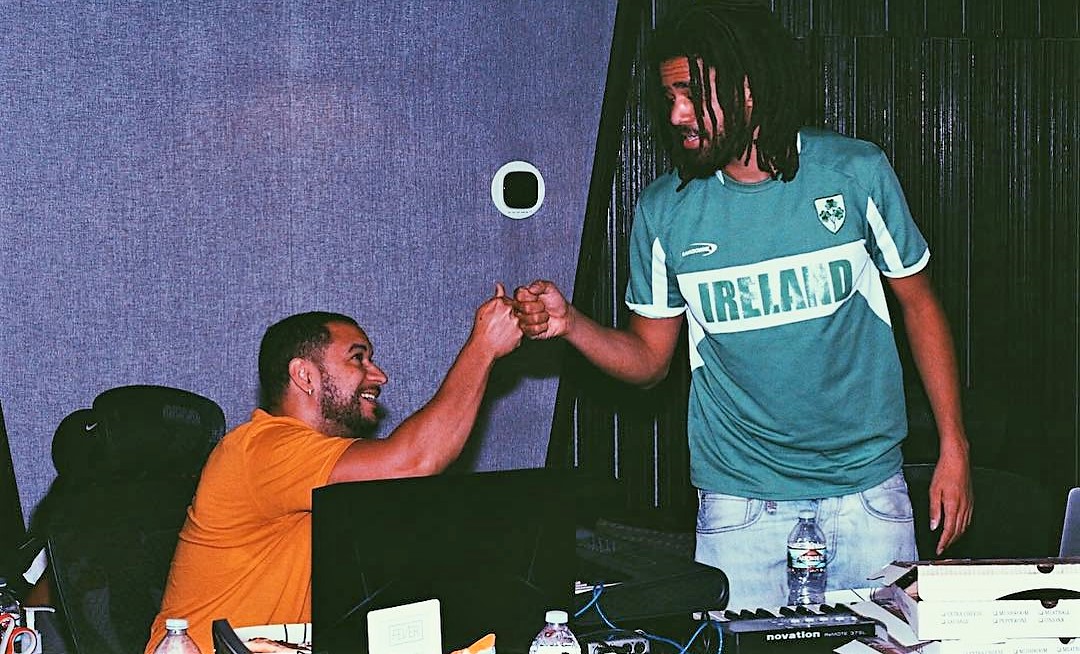
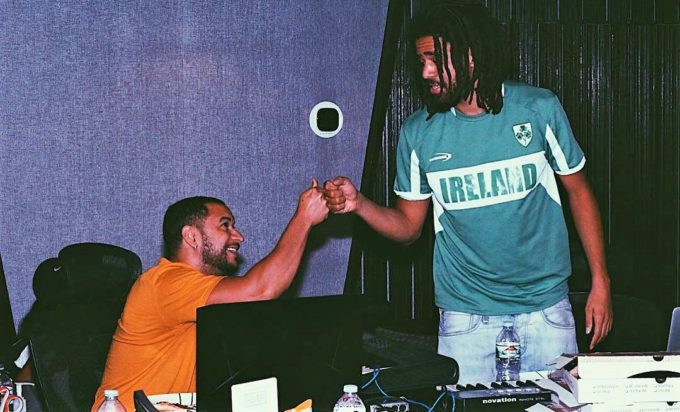
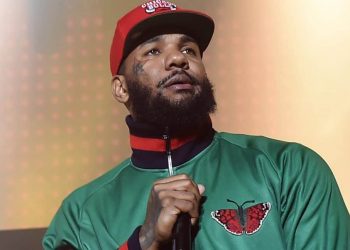
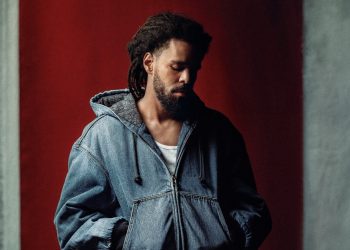


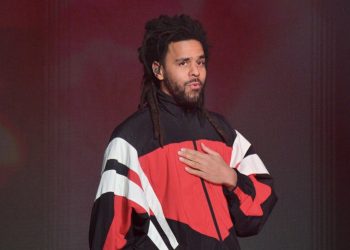
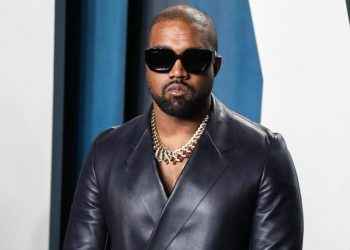


Discussion about this post